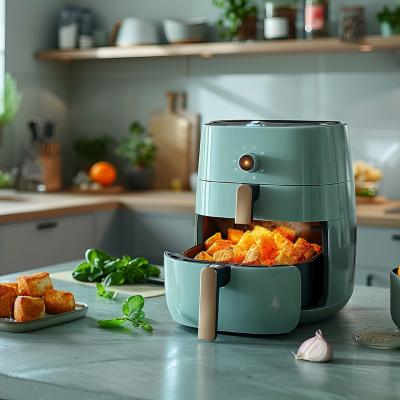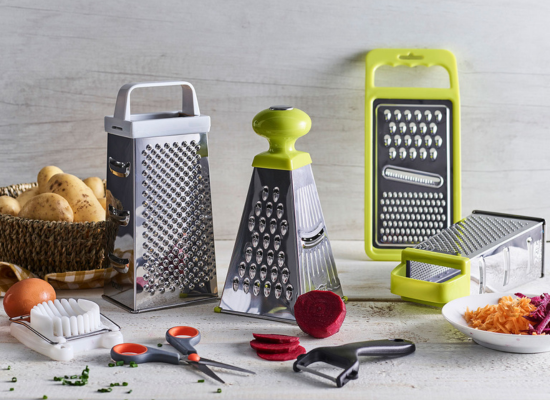
Coconut water is the liquid found in the center of a young, green coconut. It is derived from immature 6–7-month-old coconuts, although it may also be found in brown coconuts. An average green coconut provides around 1/2–1 cup of coconut water.
Without refrigeration, fresh and untreated coconut water can go bad after 24 hours. When unopened, coconut water that has undergone UHT pasteurization and is packaged in aseptic packaging has a shelf life of 12 months. If the coconut water has not been opened, it should be drunk within 6-9 months of purchase.
Many manufacturers do not use additives or preservatives to improve the flavor of the drink.
After opening, the coconut water will keep in the refrigerator for 1-3 days. Certain types can be kept in the fridge for up to 5 days. If you want the best coconut water, though, consume it within 48 hours of opening it.
As the Hawaiians say, coconut water is “dew from the heavens.” You don’t want to let this heavenly drink go into the trash. So, let’s explore more on this!
Rancidity of Coconut Water
The rancidity of coconut water varies based on the types of coconut water and on whether it is has been treated or is untreated.
Fresh Coconut Water
It can go bad, but it takes a bit longer than most other fruit juices. The main reason for this is that coconut water contains high levels of antioxidants. These antioxidants can slow down the process of oxidation, which is what causes fruit juices to go bad.
Coconut water can start to turn rancid within 24 hours if it is not refrigerated.
It can also go bad while it is still inside a coconut. This happens when the coconut itself has started to rot. The coconut water then also starts to rot, becomes brownish, and tastes very unpleasant.
Treated Coconut Water
Treated or UHT (ultra-high temperature) coconut water has a much longer shelf life than fresh coconut water.
UHT-treated coconut water can last for up to 12 months if it is unopened. Once you open the can or box, you should consume it within a week for the best quality.
The same goes for canned and bottled coconut water. They can last for up to 12 months if they are unopened. Once you open the can, you should consume it within a week for the best quality.
How Does Coconut Water Go Bad?
When lipids are hydrolyzed, oxidized, or degraded by bacteria, free fatty acids (FFA) are formed, which then undergo additional processes to produce off-flavoring ketones.
Despite the fact that coconut water contains little oil, the lipids present can promote rancidity. These ketonic compounds have varied off-flavors depending on the number of carbons.
LEARN MORE: Can Coleslaw Be Frozen?
Signs of Rancid Coconut Water
Appearance
You’ll notice that the water has changed color from its usual clear state to a yellow or brown tint. Also, it will start to turn cloudy day by day.
Exposure to the environment and the multiplication of microorganisms causes the water to become cloudy and unclear.
Texture
The texture will also be different, as it will be thick and syrupy instead of thin and watery.
Smell
It will have a sour and vinegary smell instead of its usual sweet, nutty smell.
Taste
The taste will be sour and bitter instead of sweet.
Carbonation
Carbonation should never be added to coconut water. This indicates that the sugars have begun to ferment and are releasing carbon dioxide.
If you see any of these signs, it’s best to discard the coconut water.
What Happens if I Drink Rancid Coconut Water?
Consuming small amounts of rancid coconut water is unlikely to cause any ill effects. However, drinking large amounts can cause gastrointestinal issues like nausea
Drinking rancid coconut water can cause nausea and vomiting. In severe cases, it can also lead to dehydration.
So, it’s best to avoid drinking coconut water that has gone bad.
Why Does Coconut Water Go Bad?
Coconut water can go bad for a number of reasons, the most common being exposure to oxygen and light. When these two elements come in contact with each other, they can cause the water to spoil.
Another reason why coconut water can go bad is because of bacteria. Bacteria can enter the water through open wounds on the coconut. Once the bacteria are in the water, they can multiply and cause the water to spoil.
Leaving it out at room temperature for too long can also cause coconut water to go bad. The warmer the temperature, the faster the water will spoil.
LEARN MORE: Can Cheesecake Be Left Out?
Storage Tips
To prevent coconut water from going bad, it’s important to store it properly. Here are a few storage tips:
- Keep the coconut in a cool, dark place.
- Do not expose the coconut to direct sunlight.
- If you need to transport the coconut, make sure it is covered and protected from light.
- Once you open the coconut, make sure to seal the container tightly and store it in the fridge.
- Do not leave the coconut water out of the fridge for more than two hours.
- Once the expiration date has passed, it’s best to discard the coconut water. Even if it doesn’t look or smell bad, it can still be contaminated with bacteria.
By following these storage tips, you can enjoy fresh and delicious coconut water for a long time.
Freezing Coconut Water
You can also freeze coconut water to make it last longer. Just pour the water into an ice tray and store it in the freezer. To thaw, leave the cubes out at room temperature or place them in a bowl of hot water.
It’s important to note that freezing coconut water will change its taste and texture.
Freezing is not recommended because coconut water is always available and you can have it fresh whenever needed. Freezing only ruins the taste and quality.
LEARN MORE: Can Deli Meat Be Frozen?
Conclusion
Did you know that coconut water can go bad? If you’re not careful, your refreshing and healthy drink can turn into a sour, vinegary mess.
However, by following the mentioned storage tips, you can enjoy fresh and delicious coconut water for a long time.
If you see any signs of spoilage, it’s best to discard the coconut water. And if you’re ever in doubt, it’s always better to be safe than sorry.



